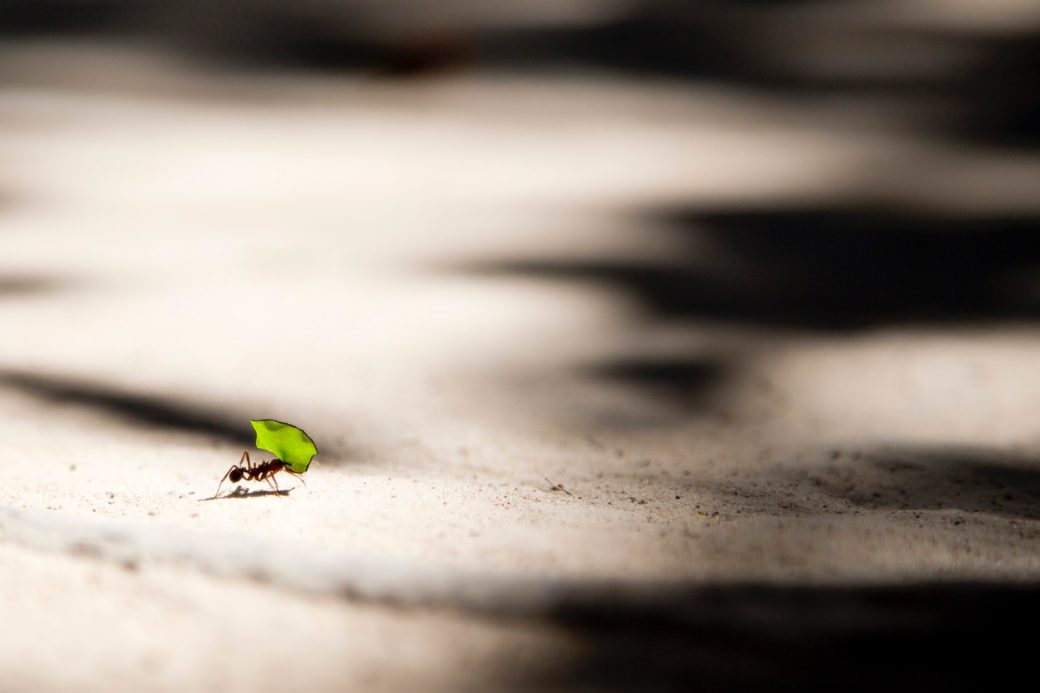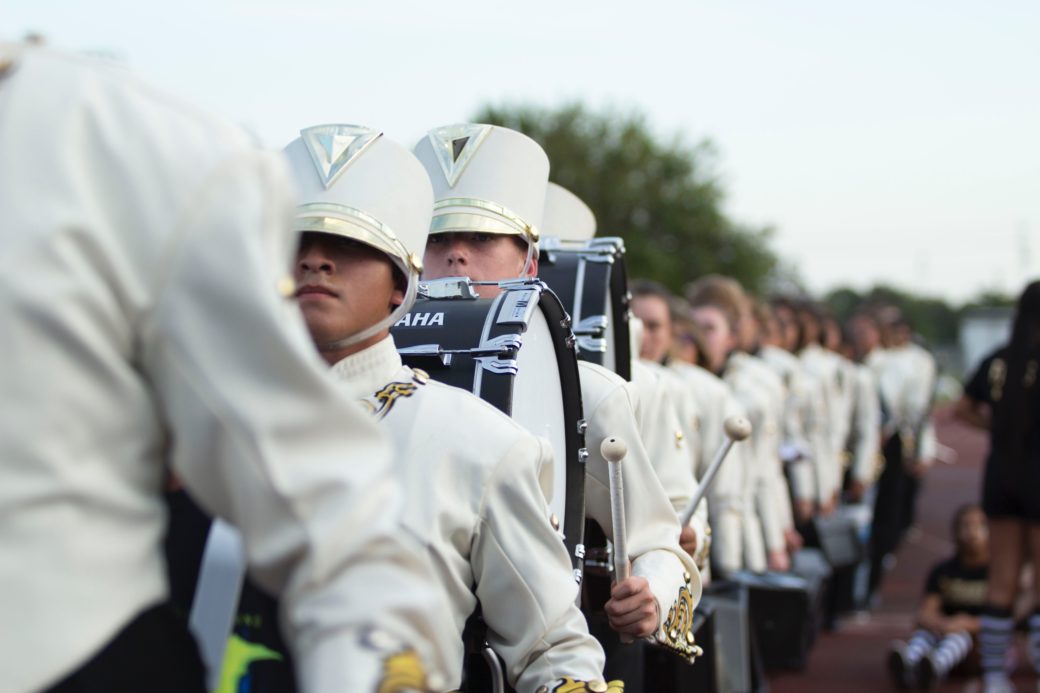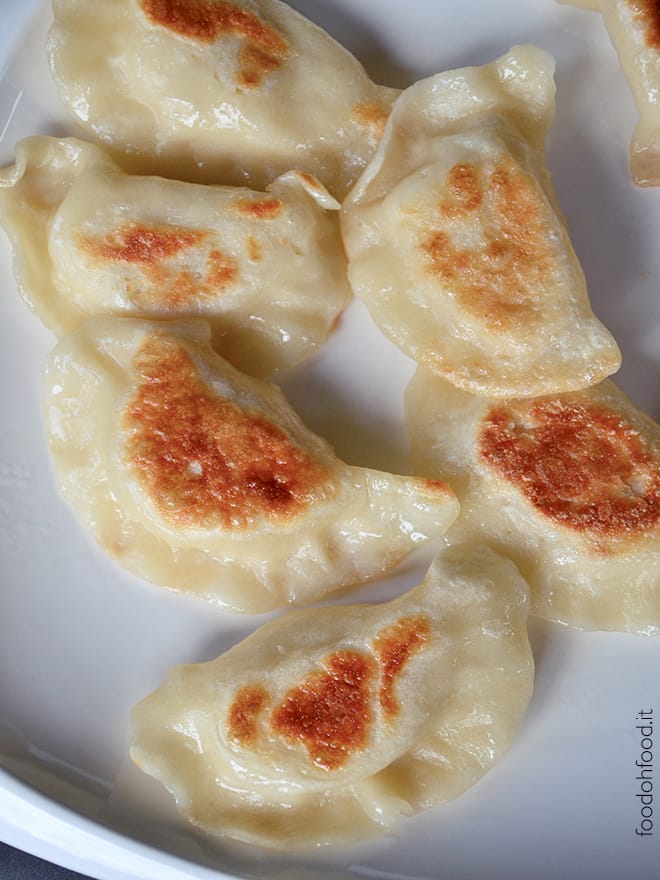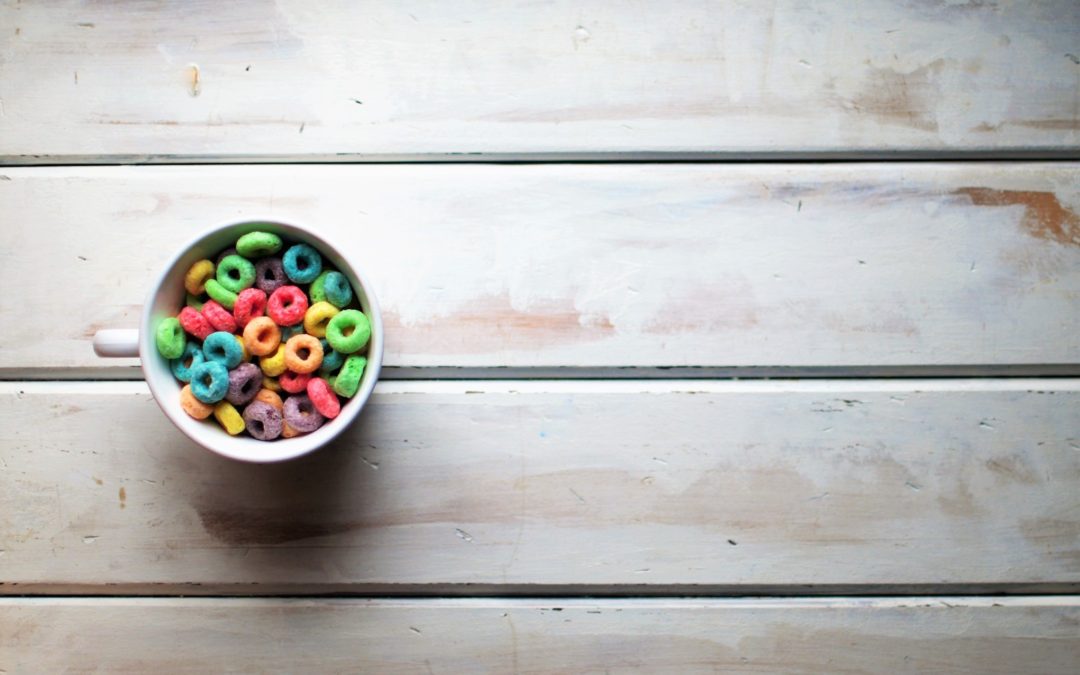“I don’t know what to write about.”
This, in a nutshell, is how everyone feels when attempting to write a personal statement. So, if you’re feeling it too, don’t worry: that’s normal. The problem is it’s a sentiment that can turn into a mantra that can solidify into writer’s block.
But don’t despair. As I’ve mentioned before, the trick to a good personal statement is to write a story instead of a typical essay. The trick within the trick?
To be memorable, aim small.
ESSAY TOPIC IDEAS
Whether you’re writing about a moment of personal growth, an interest, a talent, your background or an obstacle (all options in the Common Application prompts, for example), the following topics can all lead to incredible essays:
- a bowl of cereal
- a cow bell
- roller derby
- a secret club
- swimming lessons
- being in line at the bank
- going to the dry cleaners
- a game of Clue
- a coffee mug
- a potted plant
- a dryer ball
- acne ointment
- Sunday dinner
- a plate of pierogi
- the fish counter at Kroger
- the bulk bins at Kroger
- the sparkling water section at Kroger
- a hole in the carpet
- a rip in the wallpaper
- a loaf pan
- a spatula
- coasters
- Tupperware
- a ship in a bottle
- a lamp shaped like a bulldog
- Dungeons & Dragons dice
- waiting at the dentist
- waiting at the eye doctor
- waiting at the pharmacy
- waiting for the bus

THE SECRET OF SMALL
Why can all of these small parts of everyday life make amazing essays? Everyone, including whoever reads your essay, can relate to them. And if you use them to explain an essential part of yourself, you’ll have your reader on familiar ground from the get-go.
It’s a little like when we listen to comedians talk about being on an airplane, eating hot pockets or going tailgating. Part of the reason we love laughing about these kinds of subjects so much is because we get to think, “Yes, exactly, that’s exactly what that’s like.”
THE SECOND SECRET OF SMALL
The other big attraction to topics like these? When something is relatable, it’s memorable. Keep in mind, admissions officers are going to be inundated by a sea of essays detailing grand concepts like winning, saving, giving, changing.
But you’re not going to give them that. You’re going to write about the mundane. You may use it to get to concepts like saving, changing and giving, but you’re not going to start with an abstract concept, you’re going to start in as real and honest a place you can think of.
See, you don’t need to have lived a big life to write a great essay. You just need to be big enough to go small.
HOW TO PULL IT OFF: EXAMPLE NO. 1
Let’s say you want to write about a moment that you realized something important about yourself. You probably know what that day is and what you learned on it. It can illustrate:
- when you learned you’re stronger than you thought.
- what it feels like to really try.
- how it feels to help the underdog.
- when you knew what you wanted to do for a living.
- what it feels like to witness kindness or bravery or gratitude.
No matter what it is, try to isolate a specific moment in that experience.
But instead of putting yourself back in yourself, put yourself above that moment and pretend you have a camera with you. Swing that camera lens around and use it to document all that is below you. What was on the table in front of you? On the walls? On the clock? On the shelves? On the calendar? In the air?
Now, imagine the camera allows you to document all of your senses. What do you smell? What do you hear? What do you taste? What do you feel? What did you think? What are the most memorable, relatable and symbolic pieces of that moment around you?
The goal here is to locate a perspective on that day that most encapsulates your experience.
So, say your “aha” moment happened in line at the grocery store. You were considering buying a few York peppermint patties because they were two for the price of three and, also, they’re delicious.
But then you noticed a mom at the check-out was having trouble getting her credit card to work. The cashier tried it again, and it was declined again, as was another card. The mom had three boys with her, two in the cart, the eldest one standing beside her. Soon, the eldest boy started looking uncomfortably back at the people in line as the mom got more and more frazzled. Then, a woman who was next in line stepped in and paid for the mom’s groceries. Just like that, no questions asked. The mom burst into tears and you kind of wanted to, too.
That was the moment you experienced what it means to help someone.
The place to start in your essay could be with those peppermint patties (symbolic because you realized how lucky you were to be contemplating buying candy while the woman was worried how she would feed her family). You could start by how you were watching her groceries — Ballpark wieners, cheese slices, Fruit Loops — inch down the grocery conveyor belt before you (symbolic because you grew up with those foods too). Whatever you do, zero in on something essential to your place in this “aha” moment, no matter how small it is. That is what is going to ground your story and make it relatable. That’s what is going to hook your reader and make your story special.

HOW TO PULL IT OFF: EXAMPLE NO. 2
Say you want to write about an interest or talent you have. Say you’re big into marching band.
But how to make an essay about marching band stand out about you?
Again, think about the smallest parts of this activity for you.
For example, I played the clarinet. You know what I remember doing all the time? Sucking on my reed. I also remember honking my way through a performance because it wasn’t moistened enough (whoops). So, if it were me, I would start my essay by focusing on my reed.
I also remember Bonni-Anne Bender played the French horn, and she would always have to empty her spit valve. You could start with that spit valve. Or, since you are often outside, describe the smallest, most essential parts of what you see every day. Duct tape on the pavement. A worn patch of grass. Just look for a small piece that will act as an interesting entry point or portal into your story. In fact, it may help to think of the book/movie The Lion, the Witch and the Wardrobe.
You’re looking for a wardrobe to help guide your reader into an interesting place that will help you write about you.

HOW TO PULL IT OFF: EXAMPLE NO. 3
Say you want to write about your background or your identity. You can likewise use a small, relatable object (and the stories/memories attached to it) to illustrate how it helps explain who you are.
In this scenario, instead of a camera hovering overhead to locate the symbolic details of a moment, you are using an object to write about different parts about you.
For myself, I could easily write about a plate of pierogi. I could describe them (and their deliciousness) in detail. Then I could use them to write about:
- my Ukrainian heritage.
- the work ethic my grandmother taught me.
- the importance of staying humble.
- why I love to cook.
You could do the same with a bowl of cereal or pieces of Tupperware or even acne ointment. You can use that object to explain why you love/hate it, what it reminds you of, how it helps define you/your childhood/your background/your identity. They are items that represent who you are.
AFTER YOU’VE FOUND YOUR PORTAL
After you’ve written your compelling opening story, you must explain how it changed you, how it pertains to you and/or what it says about you, as I did in the pierogi example.
So if you’re in line at the grocery store, what did you do afterward? How did you put what you learned into action? What did it make you realize about yourself?
Or once you’ve put us on the marching band field with you, tell us why the activity is so appealing to your personality. What do we need to know about how you think, act and feel? How does marching band activate all of that in you?
WANT PROOF THIS WORKS?
This girl got into Yale by writing her admissions essay on how much she loves Papa John’s pizza.
This girl got into five ivy leagues after writing her admissions essay about Costco.
And my med student, who wrote about the day a python bit a woman who had been petting a poodle, got into his top-pick residency. During his interview? He was told it was one of the best personal statements they’d ever seen.
FINALLY …
Know that you have all the material you need to write a great essay. Your life has already been interesting enough. You just need to find your opener by looking for the smallest parts of your stories.
As always, know that I’m here if you need any help or direction at [email protected].

